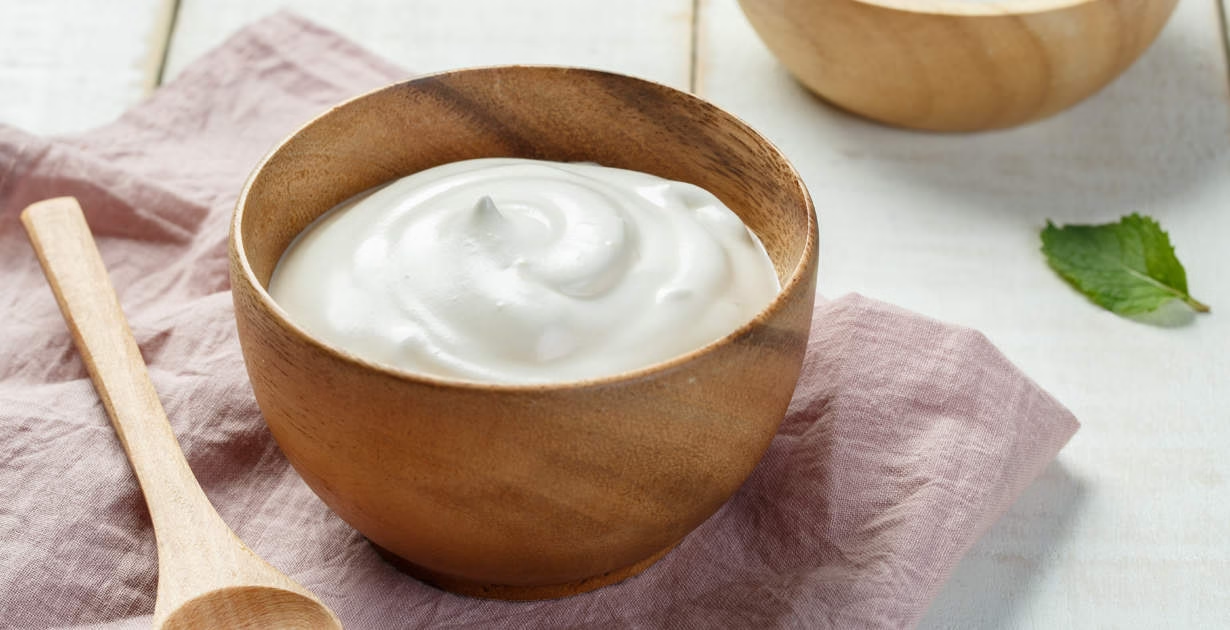In the world of health and wellness, few foods have received as much attention as yogurt — and for good reason. This creamy, tangy dairy product isn’t just a satisfying snack; it’s also one of the most common and accessible sources of probiotics, the friendly bacteria that keep our gut healthy and balanced.
Let’s explore the science behind use of Probiotics in yogurt, their benefits, and how you can include them in your diet for better digestion, immunity, and overall well-being.
What Are Probiotics?
Probiotics are live microorganisms that, when consumed in adequate amounts, offer health benefits — primarily by supporting the balance of good and bad bacteria in your gut.
These beneficial bacteria help your body:
- Digest food more efficiently
- Absorb nutrients
- Maintain a strong immune system
- Prevent harmful bacteria from taking over your digestive tract
Common probiotic strains found in yogurt include:
- Lactobacillus bulgaricus
- Streptococcus thermophilus
- Lactobacillus acidophilus
- Bifidobacterium lactis
These strains are known for promoting gut health, improving digestion, and even boosting mood through the gut-brain connection.
The Science Behind Yogurt and Probiotics
Yogurt is produced by fermenting milk with specific bacterial cultures. During this fermentation process, the bacteria convert lactose (the natural sugar in milk) into lactic acid, which thickens the milk and gives yogurt its tangy taste.
But here’s where the real magic happens — the live cultures remain in the yogurt, making it a rich source of probiotics.
According to research published in the Journal of Dairy Science, probiotic-rich yogurt can improve gut microbial diversity and reduce symptoms of lactose intolerance. The study also highlighted that regular yogurt consumption may reduce the risk of gastrointestinal disorders, including irritable bowel syndrome (IBS).
The Use of Probiotics: Why Your Body Needs Them
The use of probiotics goes far beyond digestion. These microorganisms play an essential role in maintaining overall body health by influencing:
- Immunity: 70% of your immune system resides in your gut. A healthy gut microbiome strengthens your defense against infections.
- Metabolism: Probiotics help regulate fat storage and energy use.
- Mental health: The gut produces neurotransmitters like serotonin, which affect mood and anxiety levels.
So, probiotics aren’t just about gut health — they’re about total body wellness.
Why Yogurt Is the Best Probiotic Source
While probiotics are available in supplements, the yogurt remains one of the most natural and effective sources.
Here’s why:
- High probiotic content — especially in varieties labeled “live and active cultures.”
- Easily digestible — even for people with mild lactose intolerance.
- Nutrient-rich — yogurt also provides calcium, protein, and vitamin B12.
- Versatile — you can enjoy it plain, with fruit, or in smoothies and dips.
If you’re wondering which yogurt to choose, go for plain Greek yogurt or natural yogurt without added sugar. Flavored varieties may contain probiotics, but the sugar can reduce their benefits.
Probiotics Good for Digestion and Beyond
Numerous studies confirm that probiotics are good for much more than digestion. Some of the scientifically proven benefits include:
- Improved digestive health: Probiotics help prevent diarrhea, constipation, and bloating.
- Reduced inflammation: Chronic inflammation in the gut can trigger autoimmune conditions — probiotics can help reduce it.
- Stronger immunity: Regular intake of probiotic yogurt has been shown to reduce respiratory infections and colds.
- Better skin health: By improving gut balance, probiotics may help with acne, eczema, and other inflammatory skin conditions.
So yes, probiotics in yogurt do far more than just soothe your stomach — they can enhance your overall vitality.
How to Add Probiotic Yogurt to Your Daily Diet
Here are some easy and delicious ways to enjoy probiotic yogurt daily:
- Morning smoothie: Blend Greek yogurt with fruits, honey, and seeds.
- Breakfast bowl: Pair with oats or granola for a filling start to the day.
- Salad dressing: Use yogurt instead of mayonnaise or cream.
- Frozen treat: Freeze yogurt with berries for a guilt-free dessert.
Make sure to eat at least one serving (about 150g) of plain probiotic yogurt daily for visible digestive benefits.
Probiotics vs. Prebiotics — What’s the Difference?
While probiotics are live bacteria, prebiotics are fibers that feed these good bacteria.
Foods like bananas, garlic, onions, and oats act as prebiotics. For best results, include both in your diet — this combination is known as synbiotics, which support maximum gut health.
Choosing the Right Yogurt: What to Look For
Not all yogurts are created equal. Here’s what to check before you buy:
✅ “Live and active cultures” label — ensures probiotics are alive.
✅ No added sugars or artificial flavors — these can counteract probiotic benefits.
✅ Whole or low-fat milk base — for better nutrient absorption.
✅ Organic or natural brands — often have higher-quality cultures.
If you’re vegan or lactose intolerant, you can opt for probiotic coconut or almond yogurts, which use plant-based cultures.
The Role of Cocos Nucifera Oil (Coconut Oil) and Gut Health
Interestingly, Cocos nucifera oil (coconut oil) — though not a probiotic — can support gut health by fighting harmful bacteria and promoting better digestion. Some studies suggest that coconut oil’s medium-chain fatty acids (MCFAs) may complement probiotic activity.
So, including both probiotic yogurt and coconut oil in your diet may give you a synergistic gut-boosting effect.
The Bottom Line
Adding probiotic yogurt to your diet is one of the easiest ways to improve gut health, immunity, and even mood. It’s natural, safe, and backed by science — proving that sometimes, the best medicine really is food itself.
So next time you reach for a snack, make it a bowl of probiotic yogurt — your gut will thank you.


